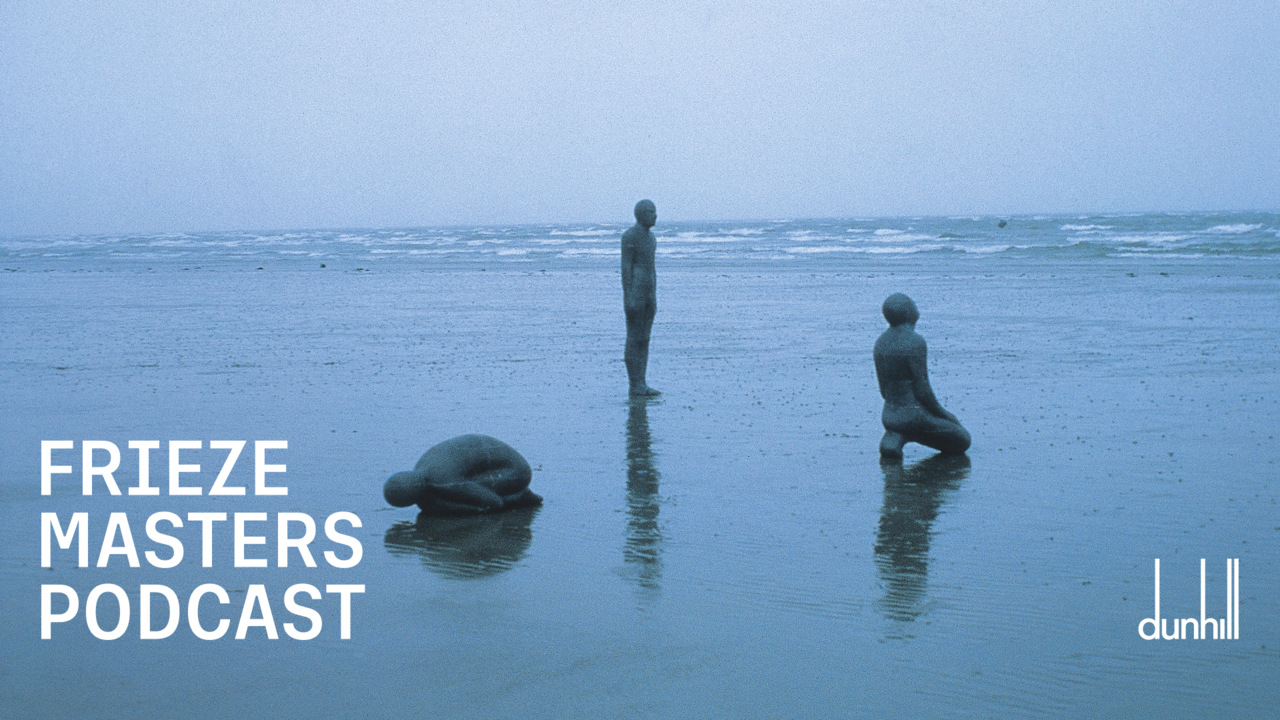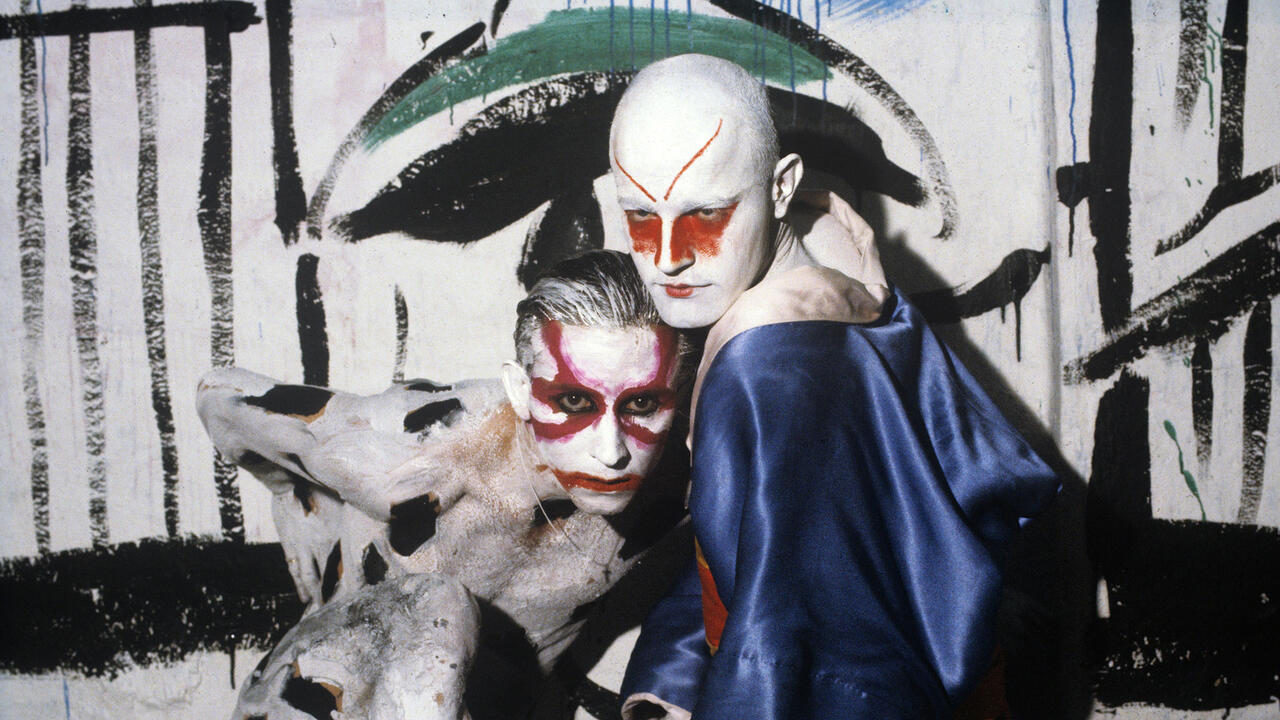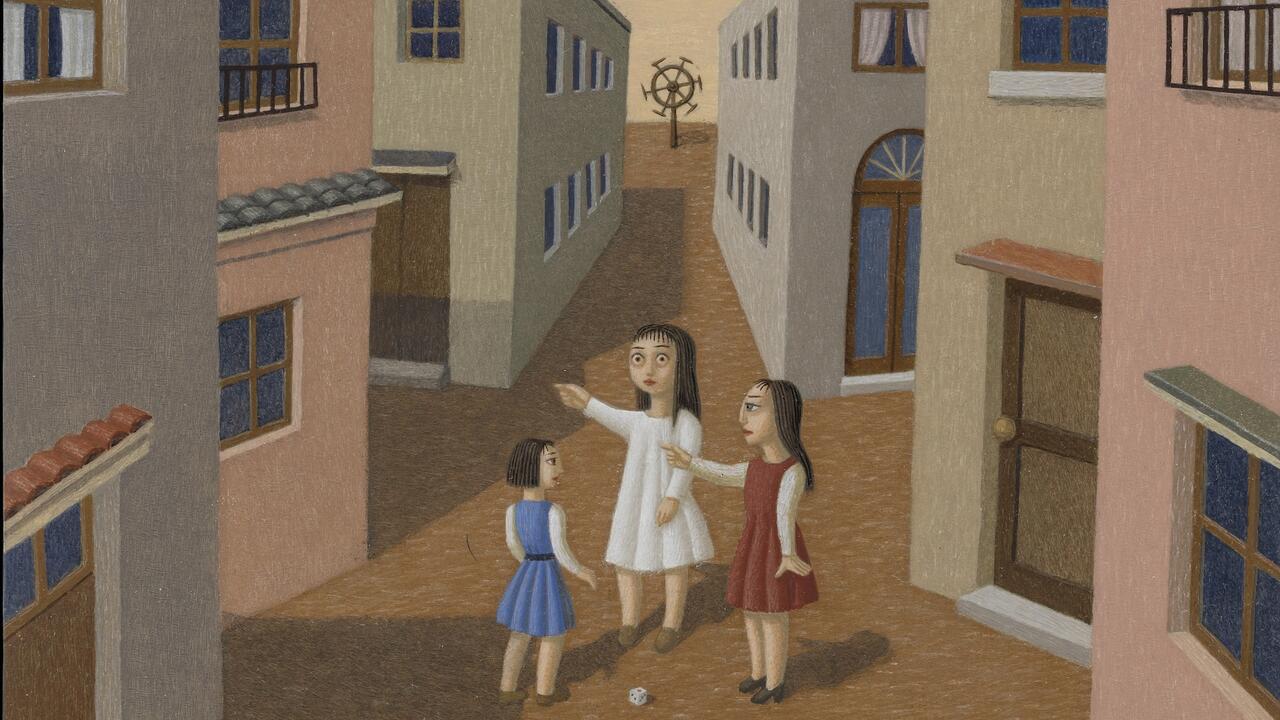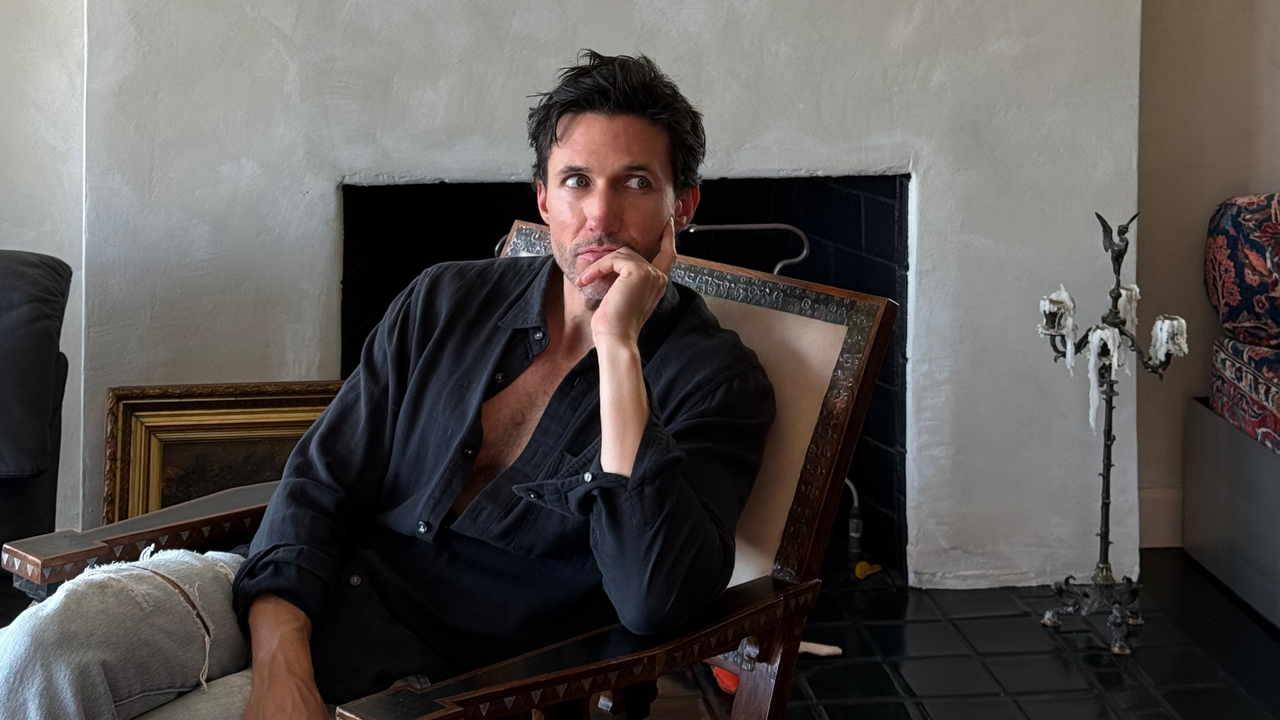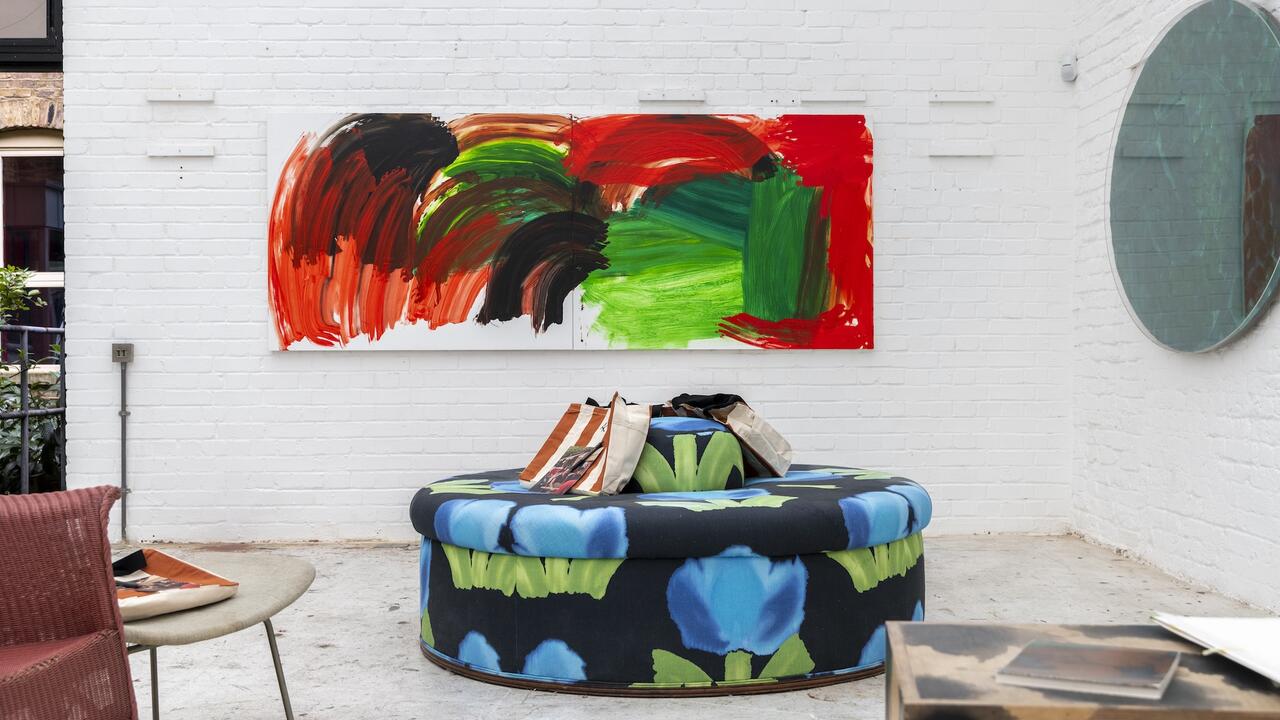Performing Democracy
‘This is just the beginning! The resistance will continue’ is a common refrain that emerged during the Gezi Park protests and continues to resound in Turkey these days.
‘This is just the beginning! The resistance will continue’ is a common refrain that emerged during the Gezi Park protests and continues to resound in Turkey these days.

The Gezi protests emerged in response to a redevelopment plan for Istanbul’s Taksim Square, launched by the Ministry of Tourism and Culture, that would largely privatize public spaces such as Gezi Park and make the square less pedestrian friendly. After a violent police crackdown against the park’s occupiers on 31 May, crowds took to the streets in massive protests all over Turkey in defiance of the ruling Justice and Development Party (AKP). Since then, a broad cross section of the public has been engaging in initiatives to seize back a democratic process that it views as being steamrolled by the current political regime. The spirit of activism and dissent that emerged in Gezi Park is alive in park forums all across Istanbul and other major Turkish cities (Turkish ex-patriots have also started convening forums in cities such as New York and Los Angeles). Urban residents convene these forums in neighbourhood parks to debate and strategize on how to respond to a host of concerns: from rapid urban gentrification and environmental degradation, to police violence in their neighborhoods, to the prime minister’s plans to rewrite the national constitution.
In a climate where freedom of speech and thought are increasingly being stifled by the AKP, artists, curators, writers, and teachers are also mobilizing to safeguard their liberties by convening forums. There are at least two artists’ forums that emerged since the Gezi protests in Istanbul, one called ‘Kadiköy 110’ and one called the ‘Orange Tent’. Both groups formed soon after the protestors’ eviction from Gezi Park, and emerged out from a need to move from street protests to more pacifist modes of struggle. Engaging in passive modes of resistance undermines Prime Minister Recep Tayyip Erdogan’s characterization of artists (along with journalists and activists) as ‘terrorists’ and ‘provocateurs’ in a public speech he gave on 7 June, several days after the eruption of the Gezi protests. The brutal arrest of art historian and critic Osman Erden during a peaceful street protest on 13 July further underscores the risks faced by those attempting to participate in peaceful street protests. Erden, who is an Associate Professor in Art History at Mimar Sinan University of Fine Arts, was on the street in support of the Union of Chambers of Turkish Architects and Engineers when he was shot with plastic bullets, then beaten and arrested by the police.

Gezi’s street protests have evolved into the park forums and Orange Tent meetings. They represent efforts to challenge the government’s aggressive neoliberal agenda through democratic processes and legal channels. They also serve the important function of raising awareness about issues that do not receive timely coverage in a compromised media landscape. (A recent news article in The New York Times outlines the complicit relationship between Turkey’s media moguls and the AKP).

The Orange Tent group takes its name from the colour of an artist’s tent at the Gezi Park occupation, and is attended by some of the brightest talents in Istanbul’s arts community. At their request, I have kept their identities anonymous. At the two of their most recent gatherings, a group of 50 to 60 people gathered in a room and shared a host of concerns, shedding light on just how much is currently at stake for Istanbul’s arts community. They also distributed collectively produced works of ephemera that address socio-political realities. During the meetings, the minutes are recorded and projected onto a screen, and also shared online through social media, so that group members in other cities and countries can participate and contribute through a networked platform. Several members shared descriptions of arts exhibitions and projects informed by the Gezi protests, with the humorous account of a street action wherein an artist ‘moved’ a canvas emblazoned with a protest slogan through a heavily trafficked pedestrian thoroughfare. While the police didn’t stop the action, they allegedly offered to ‘help with the move’, an offer that the artist promptly rejected. One artist announced that the historic urban farms abutting the city’s Byzantine Theodosian walls are in the process of being torn down by the Istanbul municipality for the construction of an over-designed and mostly concrete ‘park’. Concerned architects are proposing an alternative landscape design that can simultaneously incorporate a new park and preserve the urban farms which are part of Istanbul’s history. Another artist and member of Istanbul’s LGBT community shared the news that the safety and livelihood of Istanbul’s transgendered community, many of whom live in safe houses in the rapidly gentrifying Tarlabaşi neighborhood, is coming under treat by increased police presence. The meeting ended with a discussion about the conservative pedagogical tone that government-backed appointments of arts instructors are bringing to state universities, and the need for artists to brainstorm alternative models for higher education.
The issue that commanded the most discussion time at last week’s meeting was a draft bill written by the Ministry of Tourism and Culture (the same ministry that is in a court battle to destroy Gezi Park) announcing the creation of a Turkish Arts Council to distribute state funding for the arts. Referred to by its acronym TÜSAK, it proposes an 11-member commission to provide arts funding for independent projects and organizations. It comes on the heels of the prime minister’s announcement that he will privatize the state theatres. The state theatre, opera and ballet directorates will be forced to close with the passing of this bill. These directorates had staged performances within the Ataturk Cultural Center (AKM), a building situated in Taksim Square and ear-marked to be destroyed by the Ministry, along with Gezi Park. Concerns were voiced about the suspect nature of TÜSAK, who would be chosen to serve as commissioners, and what types of projects would be funded. There was a fear among group members that it might function as a state propaganda machine, funding projects that defined Turkish art and culture along increasingly conservative or religious lines. The group members debated many ideas on how to demand a revision for the bill, from asking for greater transparency about its formulation to sharing an artist-approved list of professionals from which the commission’s members could be selected.

As the discussion moved on to the question of whether it would be more effective to form an artists’ association through which to approach the Bureau of Tourism and Culture, one artist voiced an objection. Claiming to be an anarchist of an earlier generation, he questioned the effectiveness of negotiating with a corrupt system and declared the need to take more extreme anti-government measures. Group members asked him to stay even as he walked out of the meeting, displaying the same tolerance for debate that was in effect at Occupy Gezi and continues in the park forums. An extremely diverse range of goals and political agendas come together in all of these sites, and a non-hierarchical code of social conduct encourages everyone to voice their opinions.
The self-declared anarchist who walked out of the meeting belongs to an older generation who witnessed the military coup of 1980 and the ensuing human rights violations that mark a grim period in recent Turkish history. His words served as a reminder that the brutal crackdown on the Gezi protests and the government’s refusal to assume responsibility for the dead and injured protestors has thrown doubt on democracy’s evolution in Turkey over the past 30 years. The indefinite suspension of the trial of the police officer charged with the shooting and killing of the unarmed protestor Ethem Sarisülük in Ankara on 12 June, for example, suggest that legality doesn’t necessarily equal democracy in ‘an authoritarian regime that places its own yes men in courts of law.’
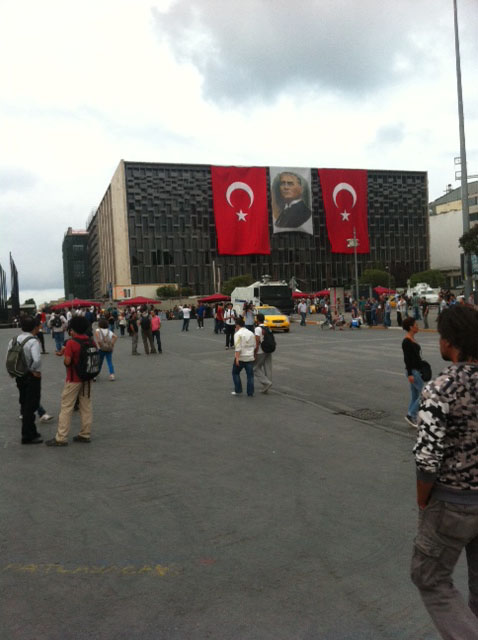
Systems of checks and balances that ensure democratic processes of approval have also become endangered in a political system that rewrites existing rules and laws to suit its own neoliberal agendas. Last month the Ministry of Tourism and Culture rendered ineffective ‘the work of the Union of Chambers of Turkish Architects and Engineers’ (TMMOB). TMMOB’s mission was to protect the public’s interests, Istanbul’s heritage sites, and the well being of its environment in light of the government’s urban planning schemes. When it voiced opposition to the Ministry’s redevelopment plan for Taksim, the government rewrote laws that allow it to skirt TMMOB in the approval process for its building and construction projects. It also revoked TMMOB’s work license to cut off its income. When TMMOB organized a protest in Taksim Square on 13 July, the police violently repressed it and arrested the union’s supporters, such as Osman Erdem.
The AKP’s authoritarian mode of governance and its hard line response to the Gezi protests has raised important questions about whether Turkey’s current political system functions as a true democracy. What does it mean for members of groups such as Kadiköy 110 and the Orange Tent to adhere to passive modes of resistance and abide by legal channels for political change in light of such corruption? It can be seen as a way to take the higher road and ‘engage in performativity’ – in other words, they are performing the act of engaging in a true democracy. Whether or not such a performance can lead to the desired reality is not entirely up to them, but currently in the hands of the AKP, at least until the results of the next election.








